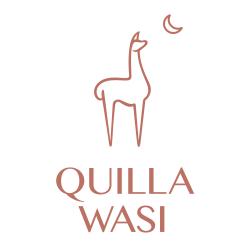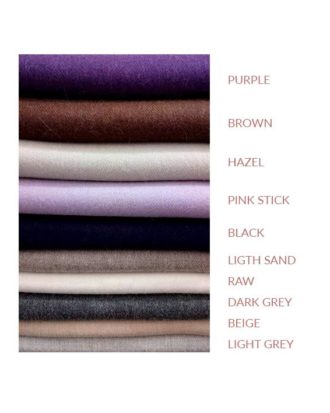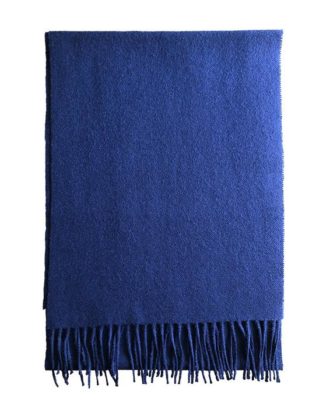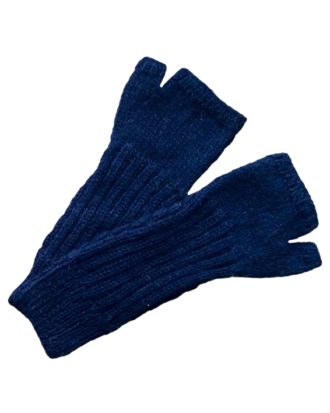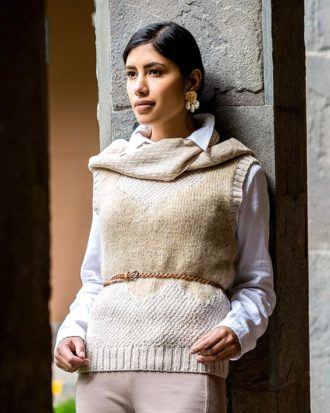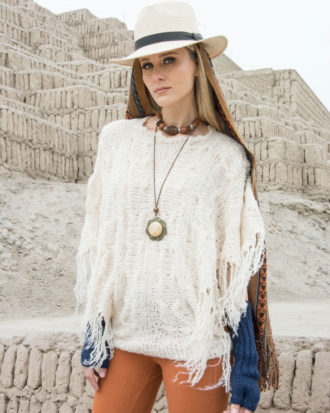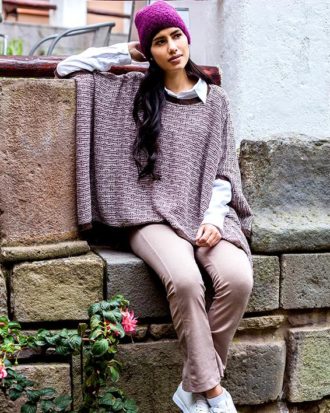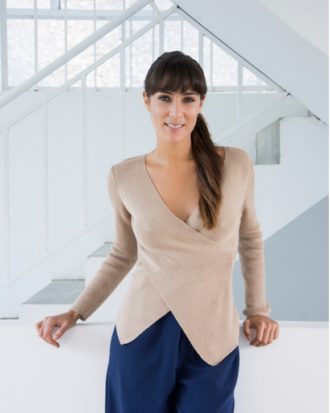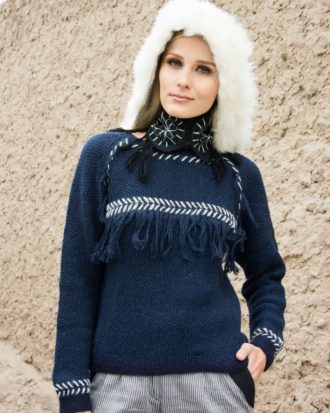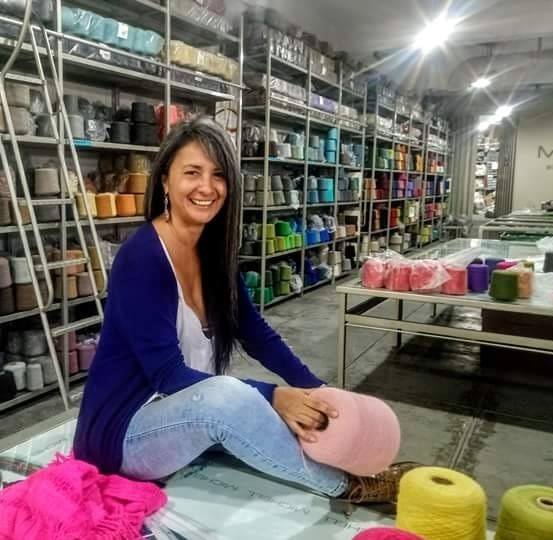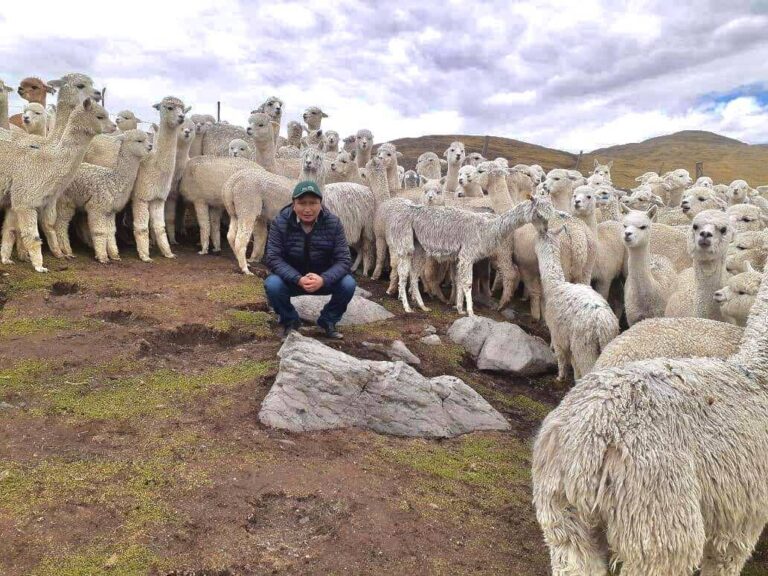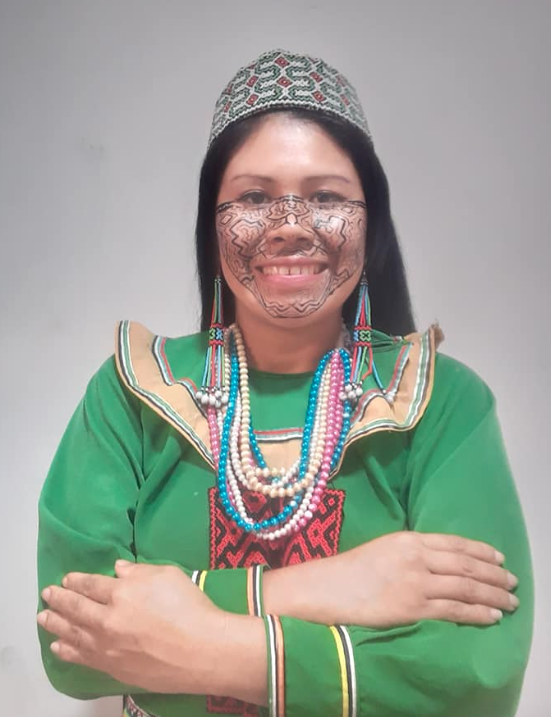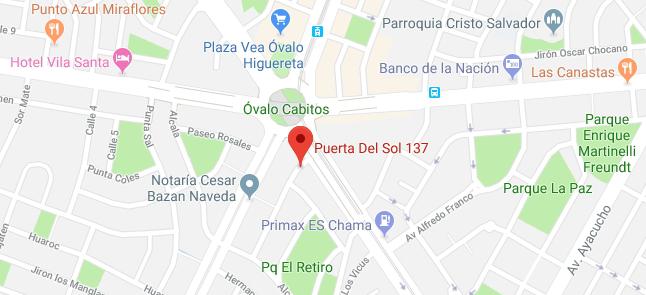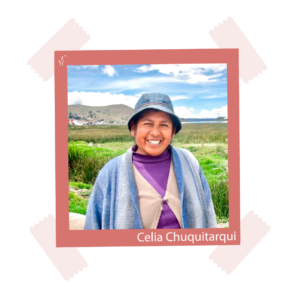
CELIA CHUQUITARQUI
Our dear Celia. We met her on a trip to Puno while being on the way to Taquile Island. She is always very friendly, accessible and above all sincere. We got along instantly. What I remember most about her is that she commented that she started to learn to weave when she was 6 years old. Today she weaves without even looking at her hands. Everything is automatic. How incredible is her memory! She can knit 5 sweaters a day without any problems. After traveling 3 times to meet her in Puno, she became a Quilla Wasi artisan. Her products have already been sold in New York City and Marseille, France.
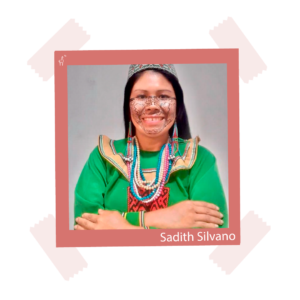
SADITH SILVANO
She comes from Loreto, which is located in the jungle of Peru. She is a professional in the art of embroidery and traditional textile printing methods used in the jungle. The stories they represent are so exotic and different from everything we know from the cities that it is a privilege having a mask embroidered by her. She is welcomed at Quilla Wasi.
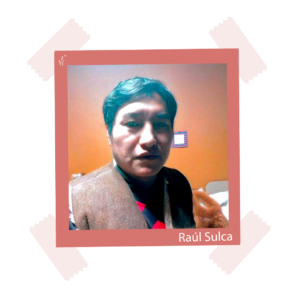
RAUL SULCA
I met him because he searched for me on the Internet. As a great entrepreneur he was looking for the opportunity to get to know me and he invited me to his factory. It is quite far from the city of Lima, although not too far but beyond what people in Lima usually know. He told us that he is from Huancavelica and that he learned the tradition of working with alpaca fiber pieces thanks to his community. Let us remember that the dynamics of caring for the alpaca and the communities is an ancient textile tradition in Peru. He told us that it is a family business to produce the alpaca teddy bears and alpaca dolls, slippers and other accessories. I find them cute, especially because I visited his workshop and saw how the family works. Their products have already been sold in Paris.
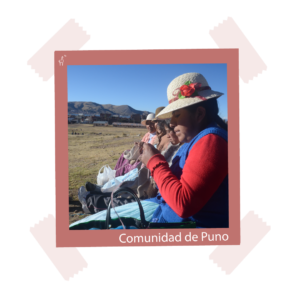
COMMUNITY OF PUNO
Visiting Puno several times, Celia introduced us to a community from the region. All weavers were from different places in Juliaca, Puno. They all knit since they were little girls. They told us about the celebration customs in their communities. Their celebrations have a long tradition and originate from the times of the conquest of Peru, which occurred approximately 600 years ago. Women wear wide skirts, called “polleras”, and there are men who dress themselves up as bulls with horns. They perform a dance that consists of the women making fun of the bulls. This tradition is a subtle rebellion of the Peruvians against the Spanish conquest.
There are several ladies and young women in this community with great knowledge of weaving. Their pieces have already been sold in New York and Paris.
